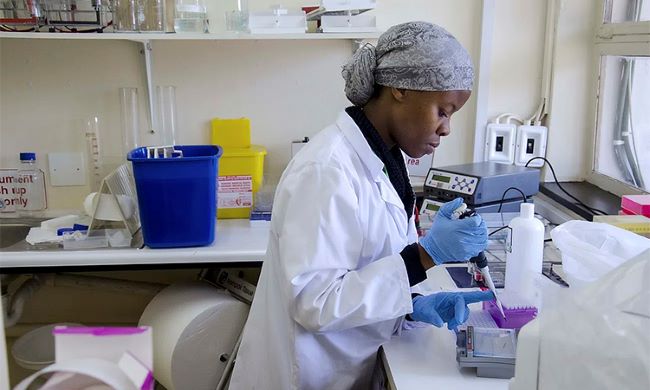The Cross River State Epidemiologist, Mrs Inyang Ekpenyong, has confirmed two new cases of Mpox in Calabar Municipality Local Government Area.
She made the confirmation in a statement in Calabar on Saturday.
It would be recalled that the state had earlier reported a case in Okoshe, Obudu Local Government Area, which was confirmed by the National Reference Laboratory in Abuja.
Ekpenyong said a case management team had been informed of the urgent evacuation of the two cases to an isolation centre.
She added that “the state/LGA Rapid Response Team (RRT) have commenced contact tracing, listing and monitoring.
“We also use this opportunity to appeal for financial resources to urgently carry out the needed response activities.”
Mpox is a rare disease caused by the Mpox virus, which usually affects rodents such as rats or mice or non-human primates such as monkeys.
The disease, which was first discovered in Central Africa, is spread mainly through close contact and occasionally from the environment to people via things and surfaces that have been touched by a person with Mpox.
The World Health Organisation (WHO) states further, “Mpox spreads from person to person mainly through close contact with someone who has mpox, including members of a household. Close contact includes skin-to-skin (such as touching or sex) and mouth-to-mouth or mouth-to-skin contact (such as kissing), and it can also include being face-to-face with someone who has mpox (such as talking or breathing close to one another, which can generate infectious respiratory particles).
“People with multiple sexual partners are at higher risk of acquiring mpox.
“People can also contract mpox from contaminated objects such as clothing or linen, through needle injuries in health care, or in community settings such as tattoo parlours.
“During pregnancy or birth, the virus may be passed to the baby. Contracting mpox during pregnancy can be dangerous for the fetus or newborn infant and can lead to loss of the pregnancy, stillbirth, death of the newborn, or complications for the parent.
“Animal-to-human transmission of mpox occurs from infected animals to humans from bites or scratches, or during activities such as hunting, skinning, trapping, cooking, playing with carcasses or eating animals. The animal reservoir of the monkeypox virus remains unknown and further studies are underway.
NAN



